Table of contents
- What is HHC?
- What Exactly Are the Effects of HHC?
- Is HHC Synthetic?
- What Are the Side Effects of HHC?
- What is HHC vs THC Effects? Is HHC Stronger Than THC?
- How Long Do the Effects of HHC Last?
- Does HHC Show Up on a Drug Test? How Long Does HHC Stay in System?
- How HHC Vaping Affects Creativity and Focus
- Is HHC Legal in European Countries?
- What is HHC Gummies?
- Conclusion: Navigating the HHC Landscape
What is HHC?
Hexahydrocannabinol (HHC) is a fascinating compound that's been making waves in the cannabinoid market. It's a semi-synthetic cannabinoid, meaning it's derived from the cannabis plant but undergoes a chemical process, typically hydrogenation, to be created in a laboratory setting. HHC interacts with the body's endocannabinoid system, much like other cannabinoids, and is known for producing psychoactive effects that users often compare to those of -THC, though generally with a reduced potency. As a relatively new player, research is still ongoing to fully understand its properties and implications.
Have you ever stumbled upon "HHC" while browsing for cannabinoid products and wondered what exactly it is and how it stacks up against its more famous cousin, THC? You're not alone. The world of cannabinoids is constantly evolving, and new compounds like Hexahydrocannabinol (HHC) are popping up, leaving many of us with questions. As someone who's been keeping a close eye on these developments, I'm here to shed some light on HHC, its effects, and what the current research tells us.
In this comprehensive guide, we'll dive deep into HHC, exploring its origins, how it interacts with our bodies, its reported effects, and how it compares to THC. We'll also address some critical safety concerns, legal aspects, and answer common questions you might have, like "does HHC show up on a drug test?" So, let's embark on this journey of discovery together and get you informed!
What Exactly Are the Effects of HHC?
HHC is a semi-synthetic cannabinoid that has been gaining traction in the market. But what kind of effects can you expect? Based on current evidence, which largely comes from cell assays, animal experiments, human case reports, and user surveys, HHC appears to have psychoactive effects that are comparable to, but generally less potent than, Δ9-THC.
Think of it this way: if Δ9-THC is a full-throttle experience, HHC might be a slightly more mellow, yet still noticeable, ride. Users have reported feeling relaxation and euphoria, with approximately 80% of survey participants experiencing these positive effects.
However, it's crucial to understand that the activity of HHC depends strongly on its epimer ratio. Commercial HHC products often contain both 9R-HHC and 9S-HHC. The 9R-HHC epimer is significantly more potent than 9S-HHC, meaning the actual psychoactivity you experience can be hard to predict due to variations in product composition. It's a bit like a mixed bag - you might get a different strength depending on the specific product you're using.
Is HHC Synthetic?
This is a great question, and the answer is a bit nuanced. HHC is classified as a semi-synthetic cannabinoid. This means it doesn't occur naturally in significant amounts in the cannabis plant like THC or CBD do. Instead, it's typically produced in a lab, often by hydrogenating THC or other cannabinoids. So, while it's derived from natural cannabis compounds, it undergoes a chemical process to become HHC.
What Are the Side Effects of HHC?
While many users report positive experiences, it's essential to be aware of the potential side effects of HHC. Just like with any psychoactive substance, individual reactions can vary significantly.
Common adverse effects reported in user surveys include:
In more severe, though rare, cases of intoxication, particularly after ingesting or vaping high-strength HHC-C8, prolonged unconsciousness requiring intensive care support has been reported. While individuals fully recovered within 48 hours in these instances, it highlights the importance of caution, especially with high doses or unregulated products.
From a safety perspective, some key concerns include:
Psychiatric effects: Dose-dependent anxiety and panic have been reported in animal studies and by a percentage of users.
Impaired driving: HHC has been detected in the blood of individuals in driving-under-the-influence cases, suggesting it can impair coordination and judgment, similar to cannabis.
Product quality: A significant concern is the quality of commercial HHC products. Studies have found wide variations in epimer ratios and the presence of contaminants like metal catalysts and unknown by-products in a substantial portion of samples. This is a big red flag, as you never truly know what you're getting in some of these unregulated products.
What is HHC vs THC Effects? Is HHC Stronger Than THC?
Let's break down the comparison between HHC and THC, specifically Δ9-THC, which is the primary psychoactive compound in cannabis.
Psychoactive Effects:
- Both HHC and Δ9-THC produce psychoactive effects. However, the current evidence suggests that HHC's psychoactive effects are generally less potent than those of Δ9-THC. In controlled administration studies, the subjective "high" from HHC was comparable to cannabis with 8-10 mg of Δ9-THC equivalents.
- Pharmacodynamics (How they interact with the body):
- HHC behaves as a partial agonist at CB1 receptors, which are key receptors in the endocannabinoid system responsible for the psychoactive effects of cannabis. Δ9-THC is also a CB1 receptor agonist.
When we look at potency, 9R-HHC, the more active epimer, is approximately 5 times less potent than Δ9-THC in activating CB1 receptors in cell assays. Its receptor binding affinity (how strongly it binds to the receptor) is similar to Δ9-THC for 9R-HHC, while 9S-HHC has much lower affinity. This difference in potency and affinity directly translates to the overall strength of the effects.
Here's a table summarizing some key comparisons:
|
Assay |
HHC Key Result |
Potency vs. Δ9-THC |
|
CB1 activation in CHO cells |
9R-HHC is a partial agonist (EC50≈3.4∩M); 9S-HHC far weaker |
9R ≈ 5x less potent; 9S = 15x less potent |
|
Receptor binding |
9R-HHC K, 15 nM at CB1; 9S-HHC K, 176 nM |
Similar affinity (9R) or much lower (9S) than Δ9-THC |
In essence, while HHC can certainly get you "high," it's generally considered to be less potent than Δ9-THC.
How Long Do the Effects of HHC Last?
The duration of HHC's effects can vary depending on the method of administration. Based on a pilot study with controlled administration:
- Inhalation (vape puffs): Onset of effects was 5-10 minutes, with the subjective "high" peaking at 1 hour.
- Oral (gummy): Onset was slower, ranging from 60-90 minutes, and the subjective "high" peaked at 2 hours.
While specific duration information isn't extensively detailed in the provided information, these peak times suggest that the most noticeable effects from inhalation might last a few hours, while oral consumption could have a longer-lasting effect due to slower absorption and metabolism. My personal experience with edibles, regardless of the cannabinoid, often aligns with this longer duration compared to vaping or smoking.
Does HHC Show Up on a Drug Test? How Long Does HHC Stay in System?
This is a critical concern for many users, especially those subject to drug testing for employment or legal reasons. The answer is a resounding "yes," HHC can absolutely show up on a drug test designed to detect cannabis metabolites.
Here's why:
- Cross-reactivity: Immunoassays that target THC-COOH (a primary metabolite of THC) have been shown to cross-react with HHC metabolites. This means that even if you've only used HHC, the test might flag it as a positive for cannabis.
- False positives: This cross-reactivity can significantly increase false-positive rates. For instance, in Swedish oral-fluid screens, false-positive rates increased from less than 2% to over 10% after HHC gained popularity.
- Metabolites: After smoking 100 mg of HHC flower, 9R plasma C_max (maximum concentration in plasma) was observed within 10 minutes, with a half-life of 2 hours. Primary metabolites identified include 11-OH-HHC, 8-OH-HHC, and 11-nor-9R-COOH HHC. Urinary glucuronides of these metabolites can persist for up to 5 days. This means HHC and its metabolites can remain detectable in your system for several days, leading to a positive result on a drug test.
So, if you're subject to drug testing, you should assume there's a risk of a THC-positive result if you use HHC. It's a significant practical implication to consider.
How HHC Vaping Affects Creativity and Focus
While the provided document doesn't explicitly detail how HHC vaping affects creativity and focus, we can infer some possibilities based on its general psychoactive effects and comparison to THC.
Cannabinoids, including THC, are known to have varied effects on cognitive functions. Some users report enhanced creativity and focus at lower doses, while others experience impaired concentration, especially at higher doses or with certain strains. Given that HHC has psychoactive effects comparable to Δ9-THC, albeit generally less potent, it's reasonable to expect a similar spectrum of effects on creativity and focus.
However, the "impaired coordination" and "sensorimotor gating deficits" observed in animal studies at certain doses suggest that HHC can indeed impact cognitive and motor functions. If you're considering using HHC for creative endeavors or tasks requiring focus, it's wise to start with a very low dose to assess your individual reaction. From my own experiences with various cannabinoids, the sweet spot for creativity and focus is often elusive and highly individual. Too much, and you might find yourself more distracted than inspired!
Is HHC Legal in European Countries?
The legal status of HHC is a complex and rapidly evolving issue. The document highlights "rapid market turnover as jurisdictions ban specific isomers". For example, Sweden banned specific HHC isomers in July 2023. This indicates a trend where individual countries or regions are enacting their own regulations, making it difficult to give a blanket "yes" or "no" answer for all European countries. The emergence of new analogues, such as acetate or phorol analogues, further complicates regulation.
This fragmented regulatory landscape means that what might be legal in one European country could be illegal in another. If you're considering purchasing or using HHC in a European country, it's absolutely crucial to research the specific laws and regulations of that country to avoid legal issues. The market is constantly changing, and staying informed is key.
What is HHC Gummies?
HHC gummies are edible products infused with Hexahydrocannabinol. As mentioned earlier, oral administration of HHC, such as through gummies, has a slower onset of effects compared to inhalation. A pilot study involving a 25 mg oral gummy reported an onset of effects between 60-90 minutes, with the subjective "high" peaking around 2 hours.
Gummies offer a discreet and often convenient way to consume HHC. However, as with all HHC products, the quality and exact potency can vary significantly due to unregulated manufacturing processes. This variability makes "start-low-go-slow" dosing especially important if you choose to experiment with HHC gummies. My personal rule of thumb with any edible is always to err on the side of caution; you can always take more, but you can't take less!
Conclusion: Navigating the HHC Landscape
HHC is a semi-synthetic cannabinoid that offers psychoactive effects comparable to, but generally less potent than, Δ9-THC. While it presents an interesting alternative in the cannabinoid market, it comes with a set of considerations that users and health professionals alike should be aware of.
We've explored its effects, which range from relaxation and euphoria to potential anxiety and impaired coordination. We've also delved into the critical issue of drug testing, where HHC's metabolites can lead to false positives for cannabis. The legal landscape is constantly shifting, particularly in Europe, making it essential to stay informed about local regulations.
The current body of research on HHC is still limited, with most studies being pre-clinical and a lack of controlled clinical trials. This means there are significant knowledge gaps regarding its long-term neurocognitive impact, interactions with other substances, and the effects of chronic inhalation.
Given the variability in commercial product quality and the limited human data, caution is advised. If you choose to explore HHC, starting with a low dose and gradually increasing it is a sensible approach. However, abstaining remains the lowest-risk option. For health professionals, screening for HHC use is becoming increasingly important, especially when unexplained cannabinoid immunoassay positives occur.
As the market continues to evolve and more research emerges, our understanding of HHC will undoubtedly deepen. Until then, staying informed and prioritizing safety should be paramount.


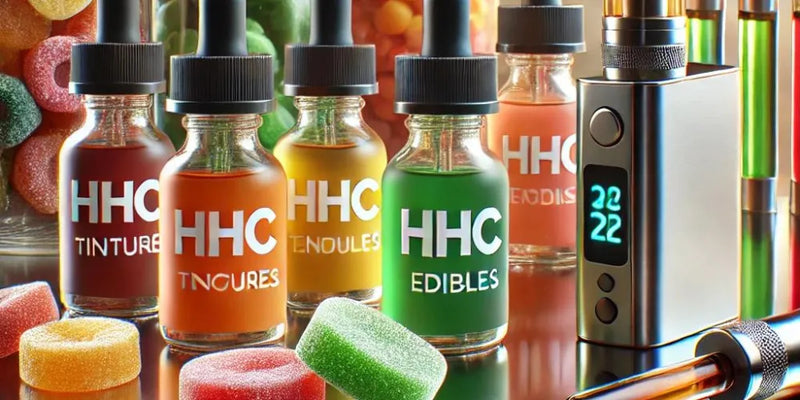

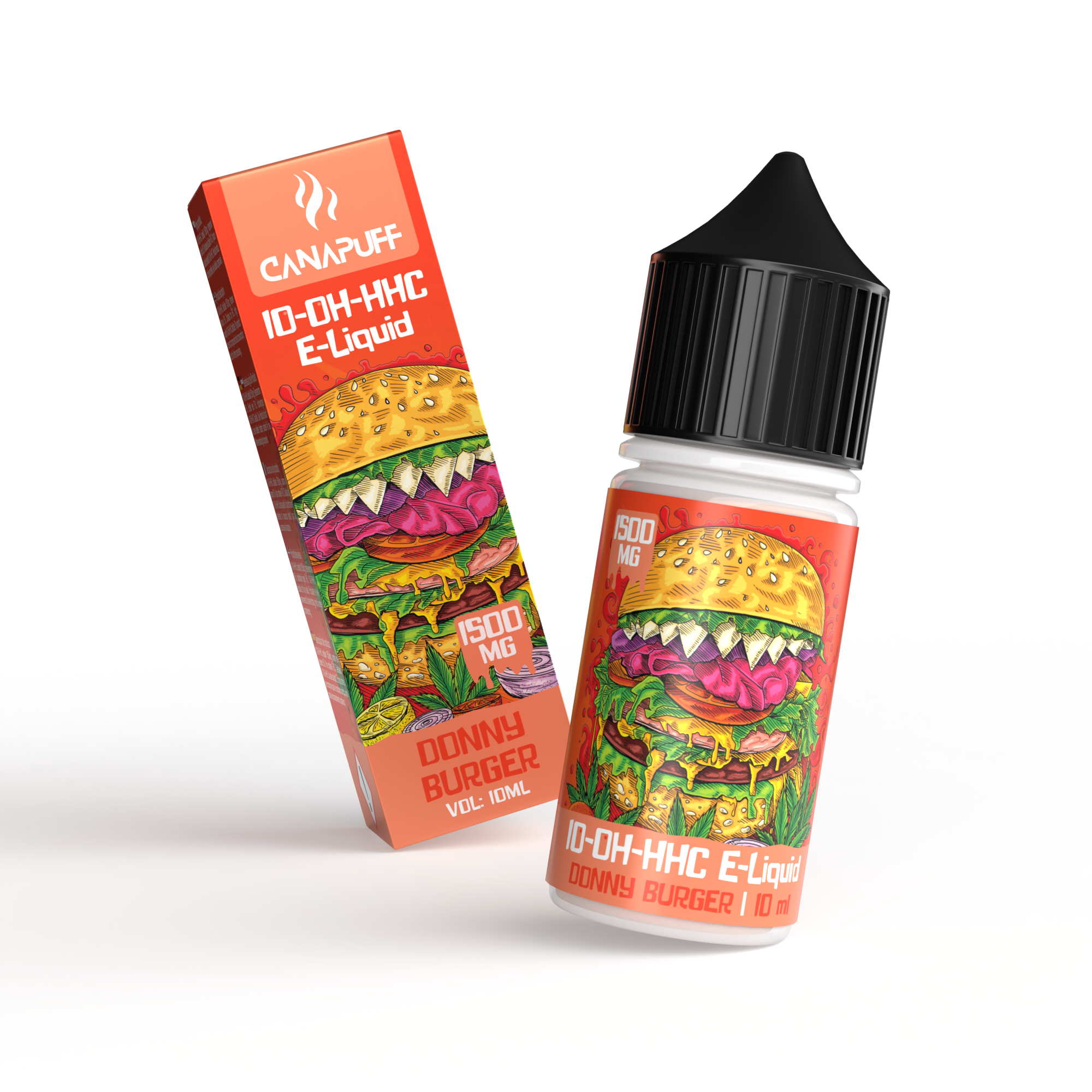
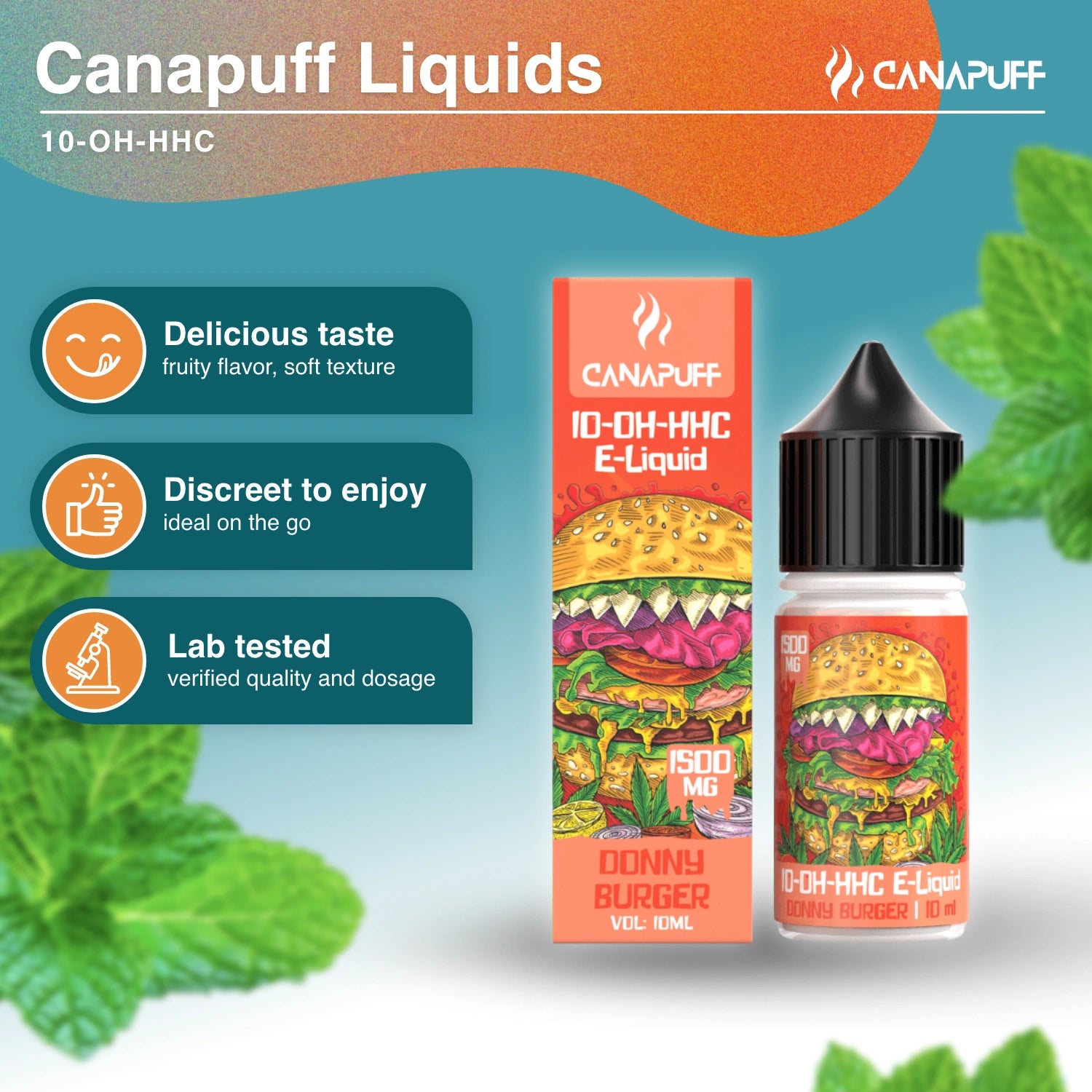
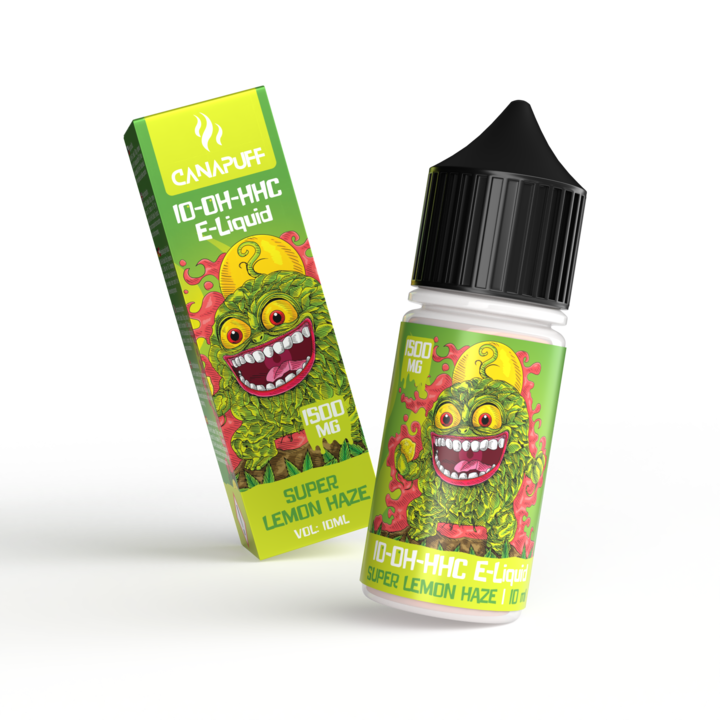
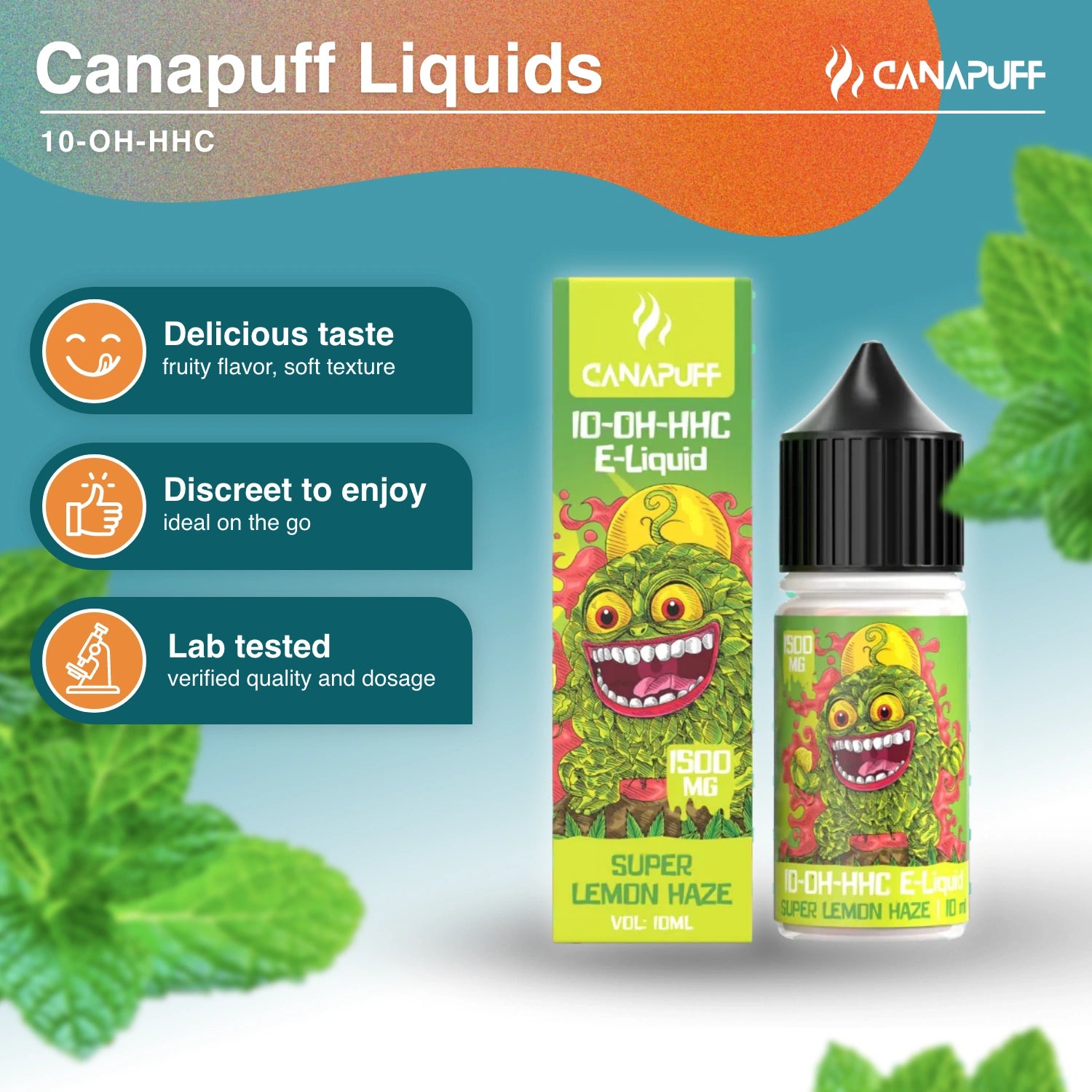
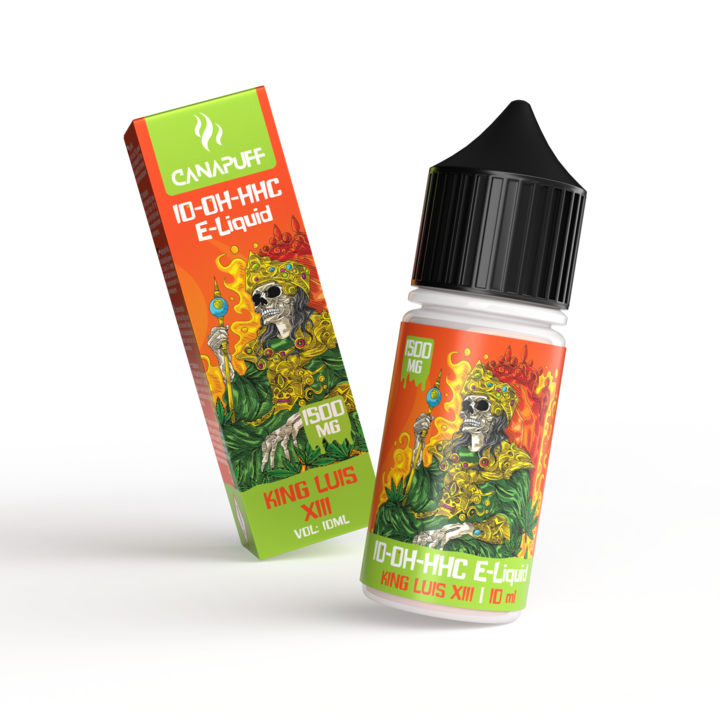
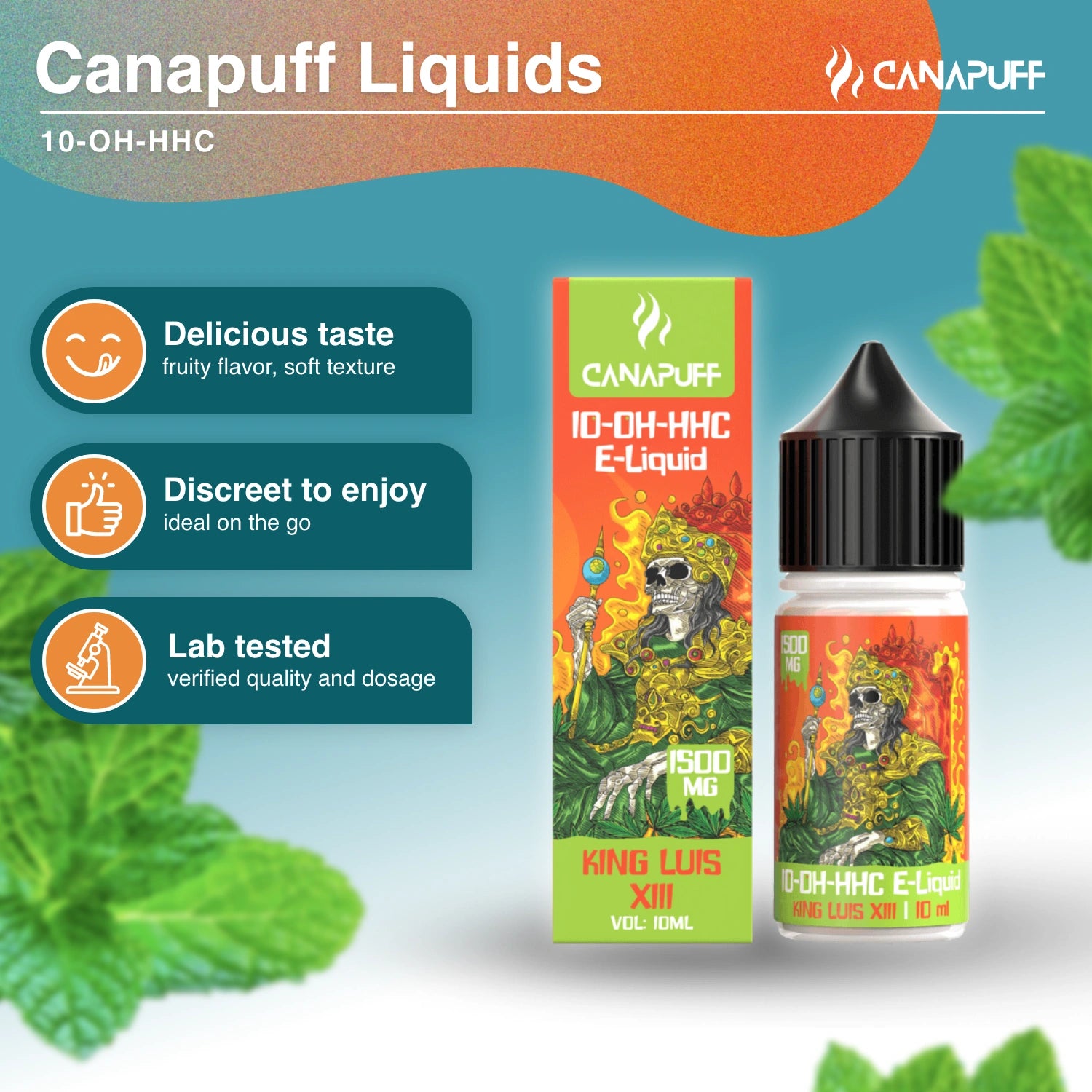


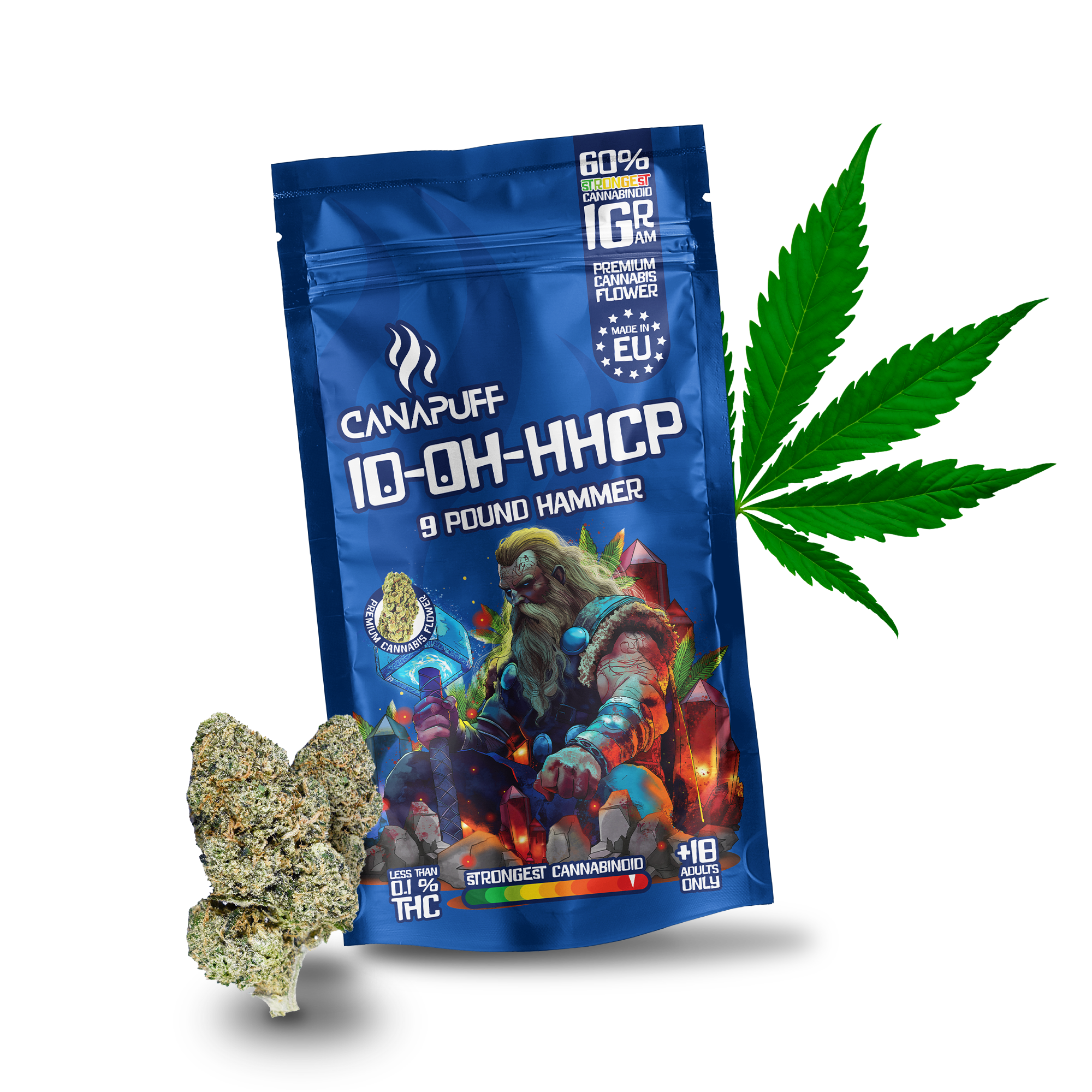
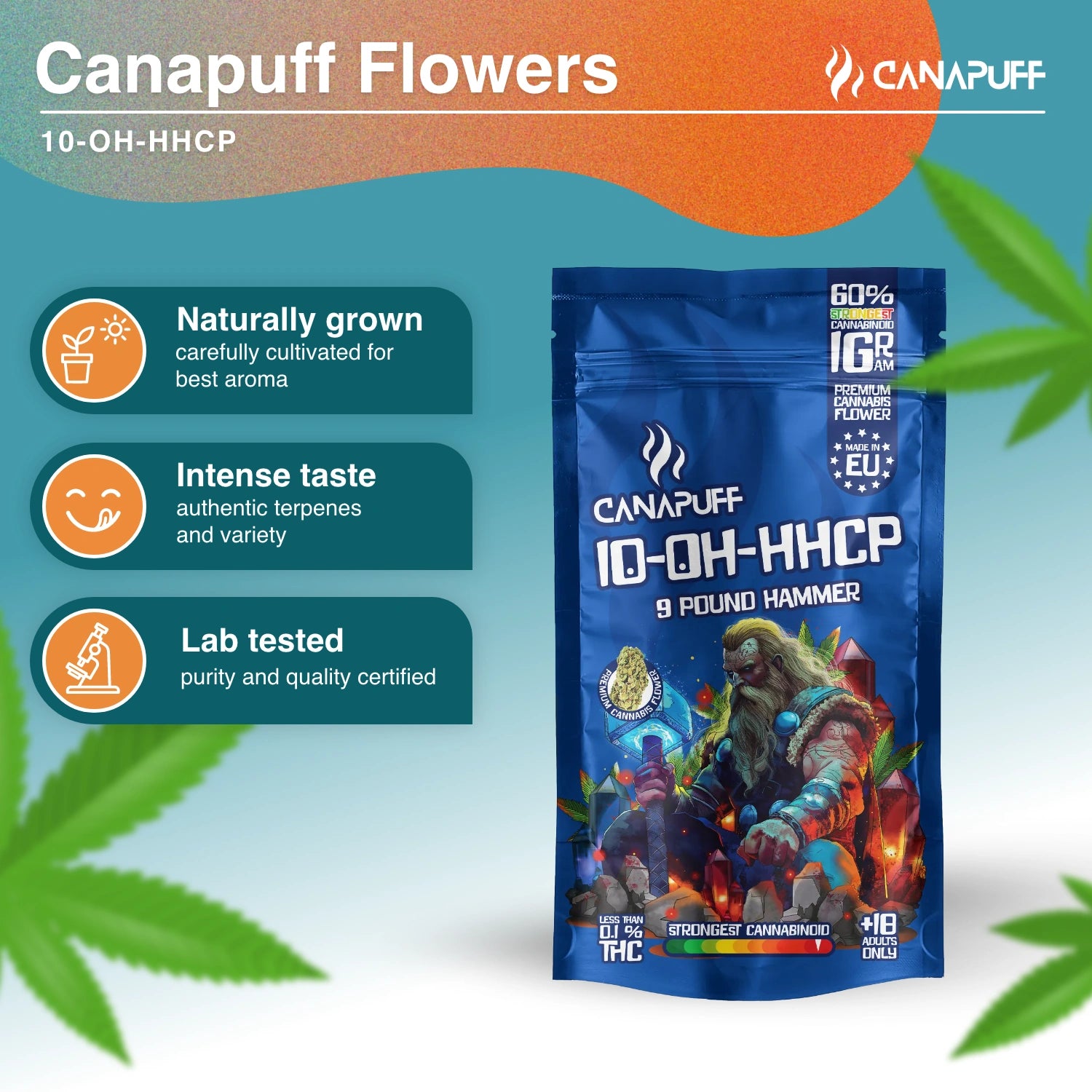
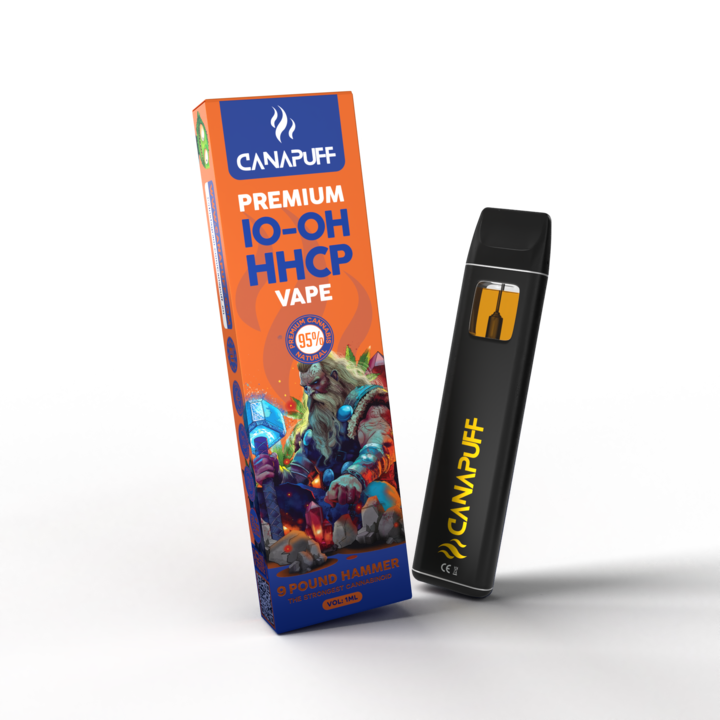
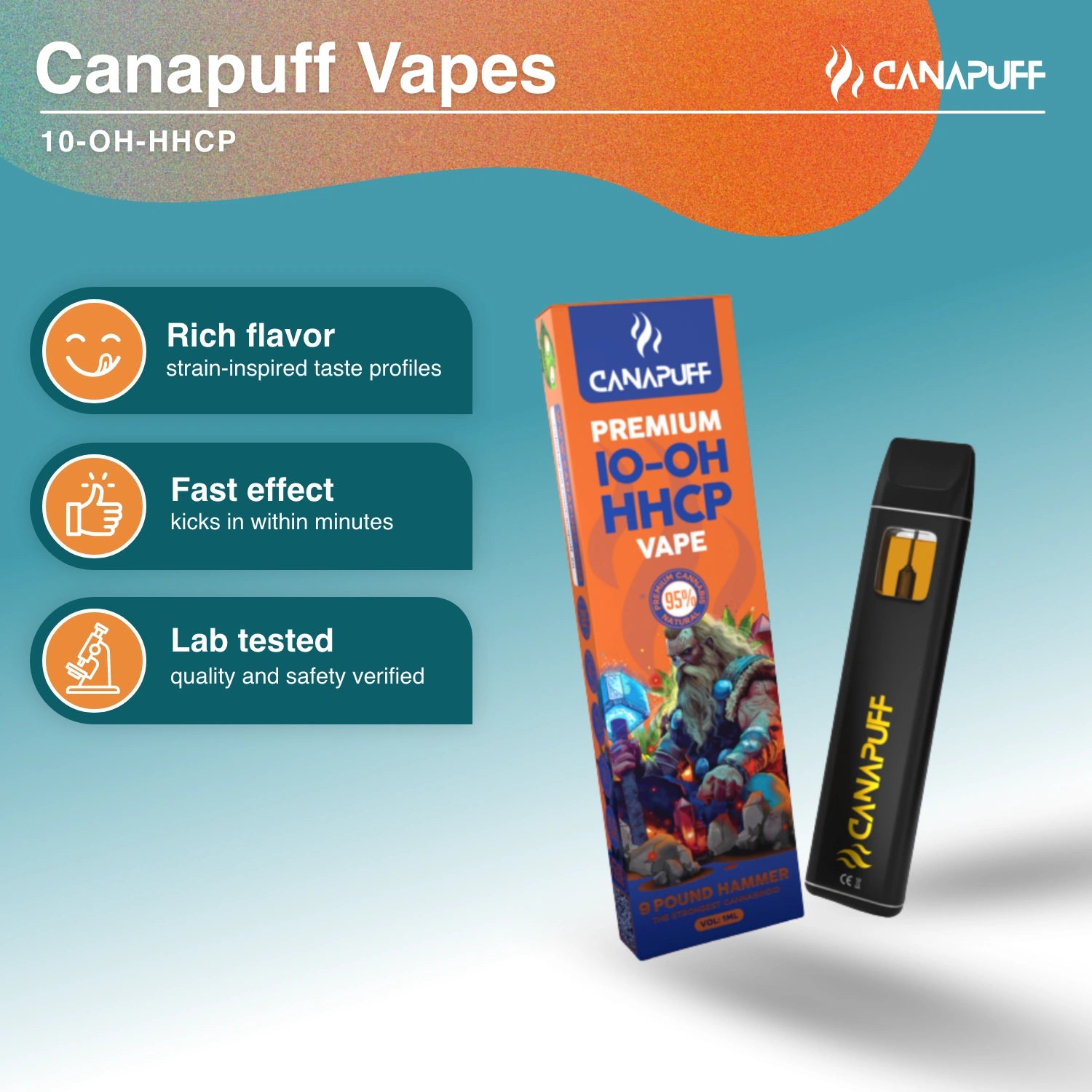
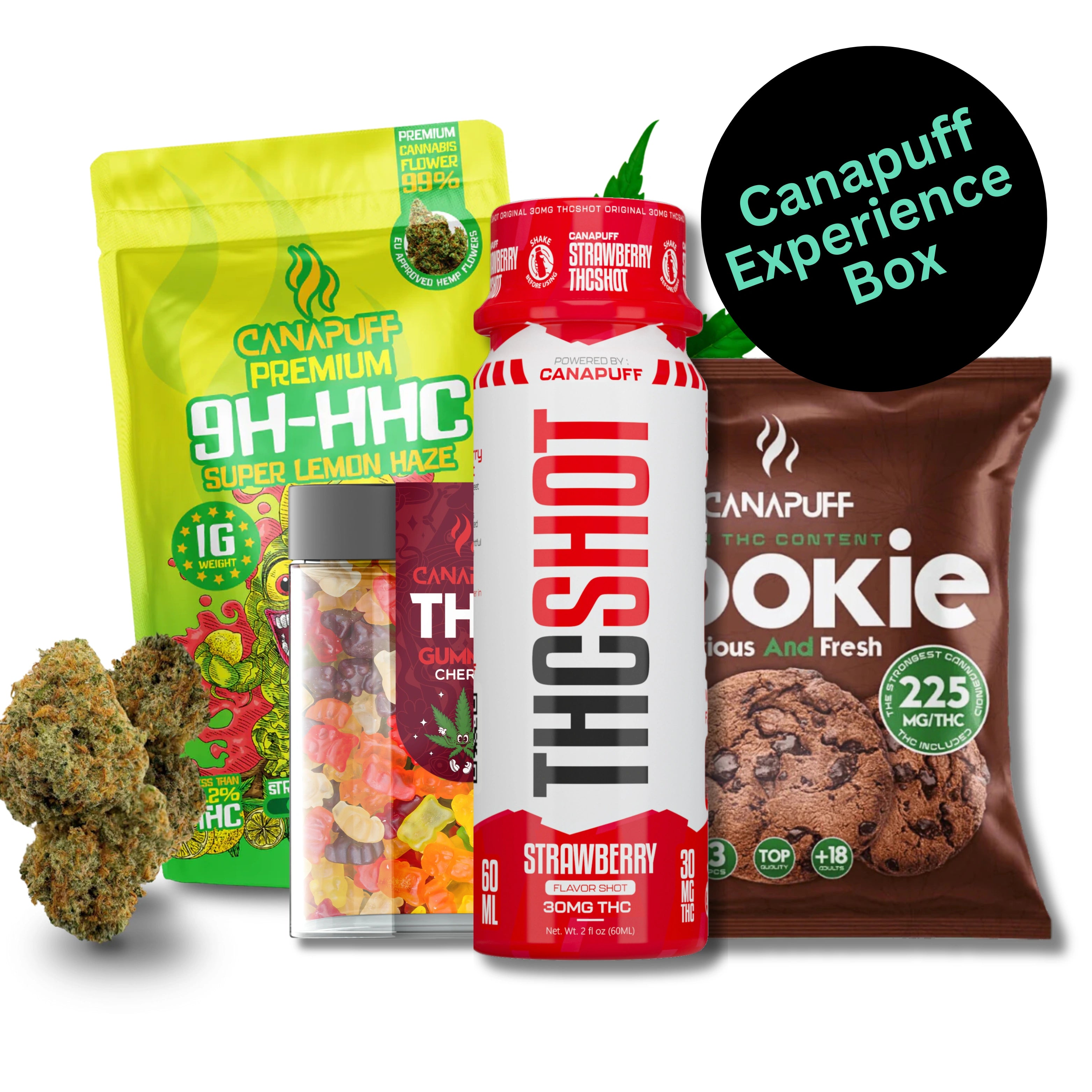




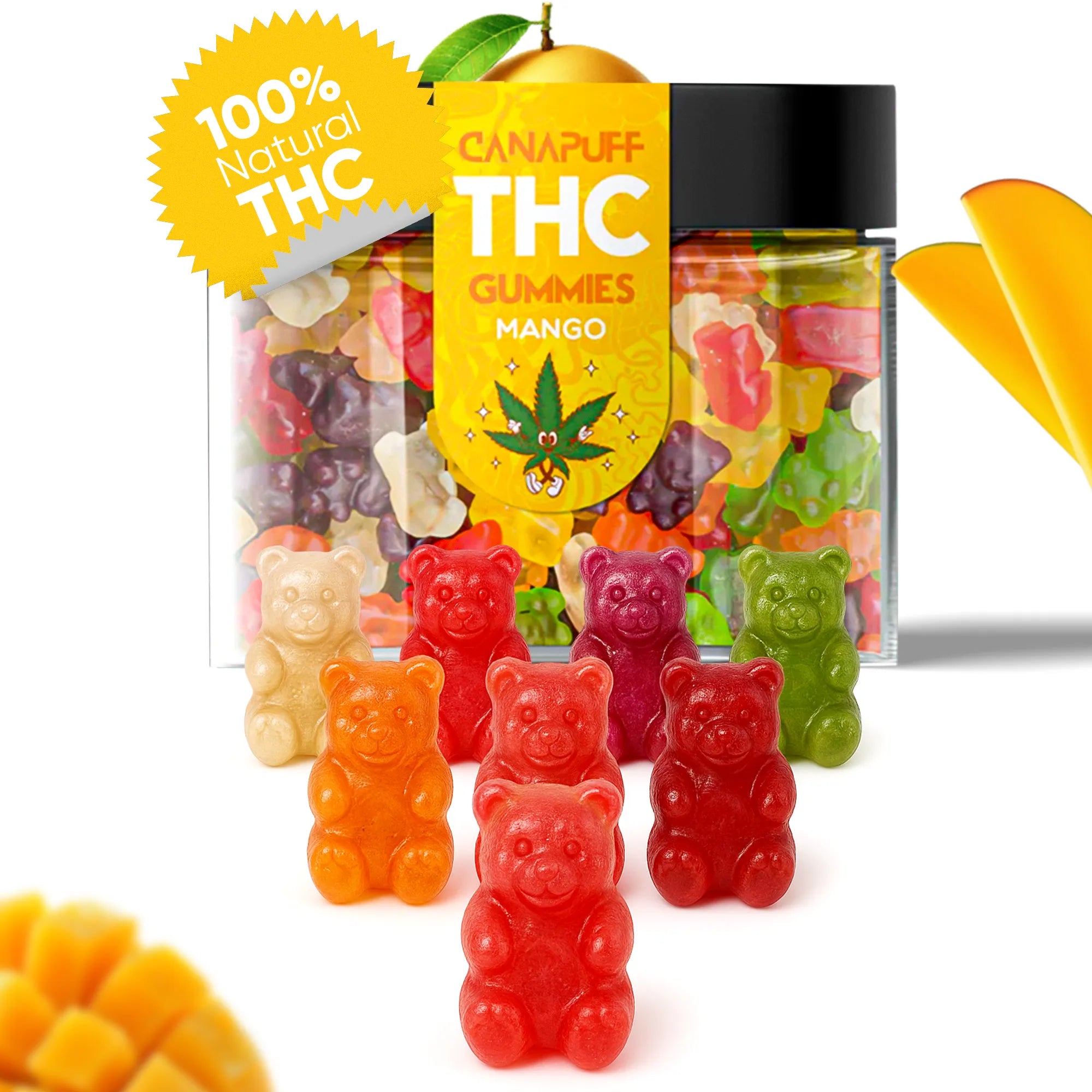

Leave a comment
This site is protected by hCaptcha and the hCaptcha Privacy Policy and Terms of Service apply.